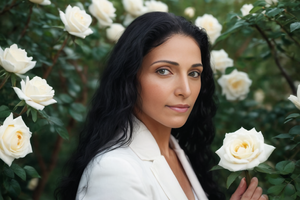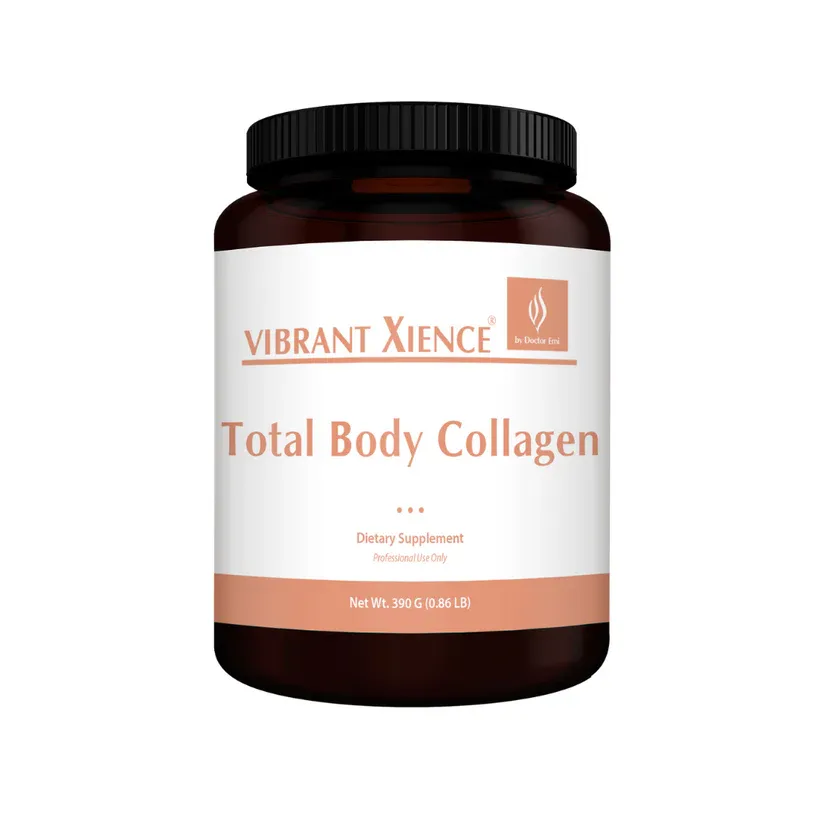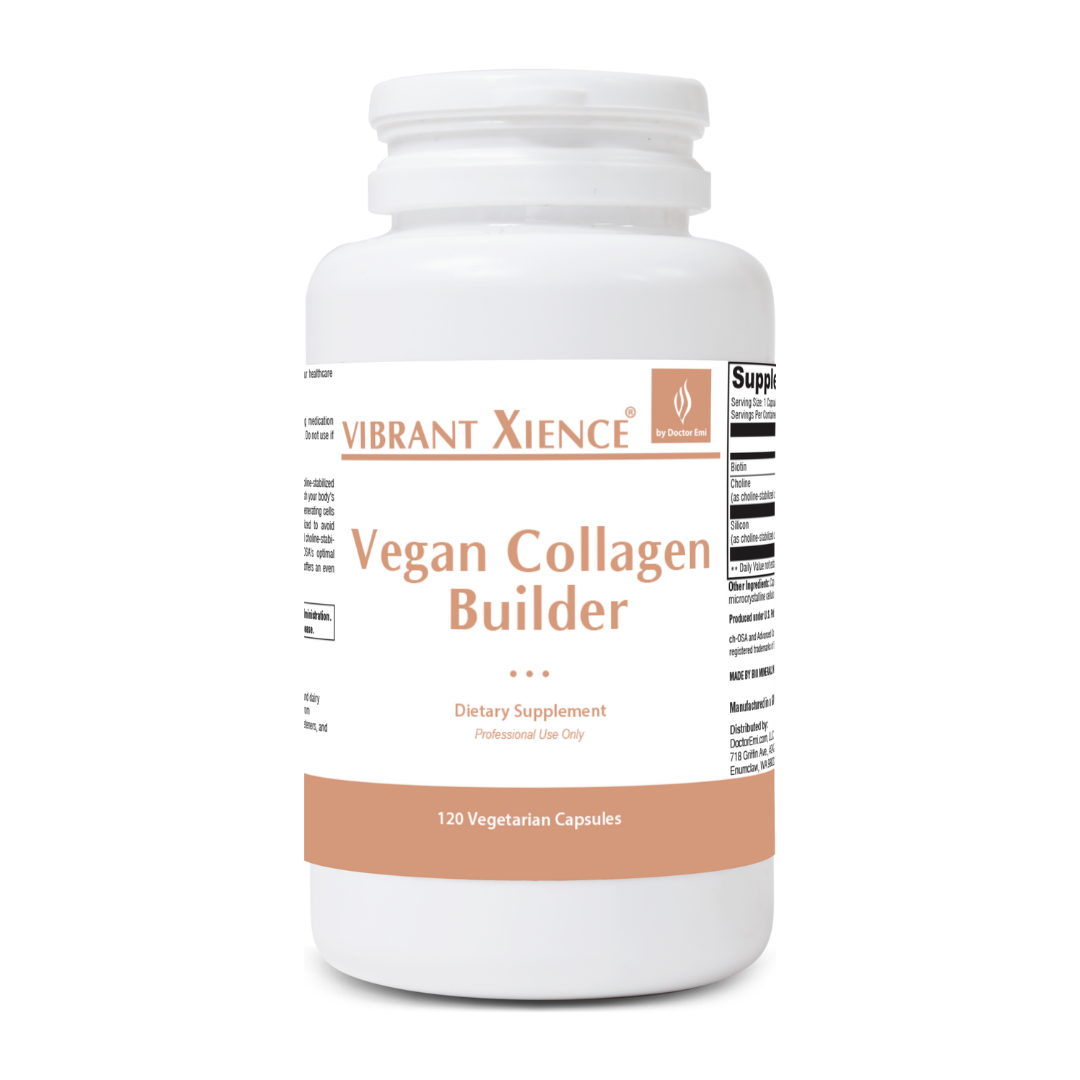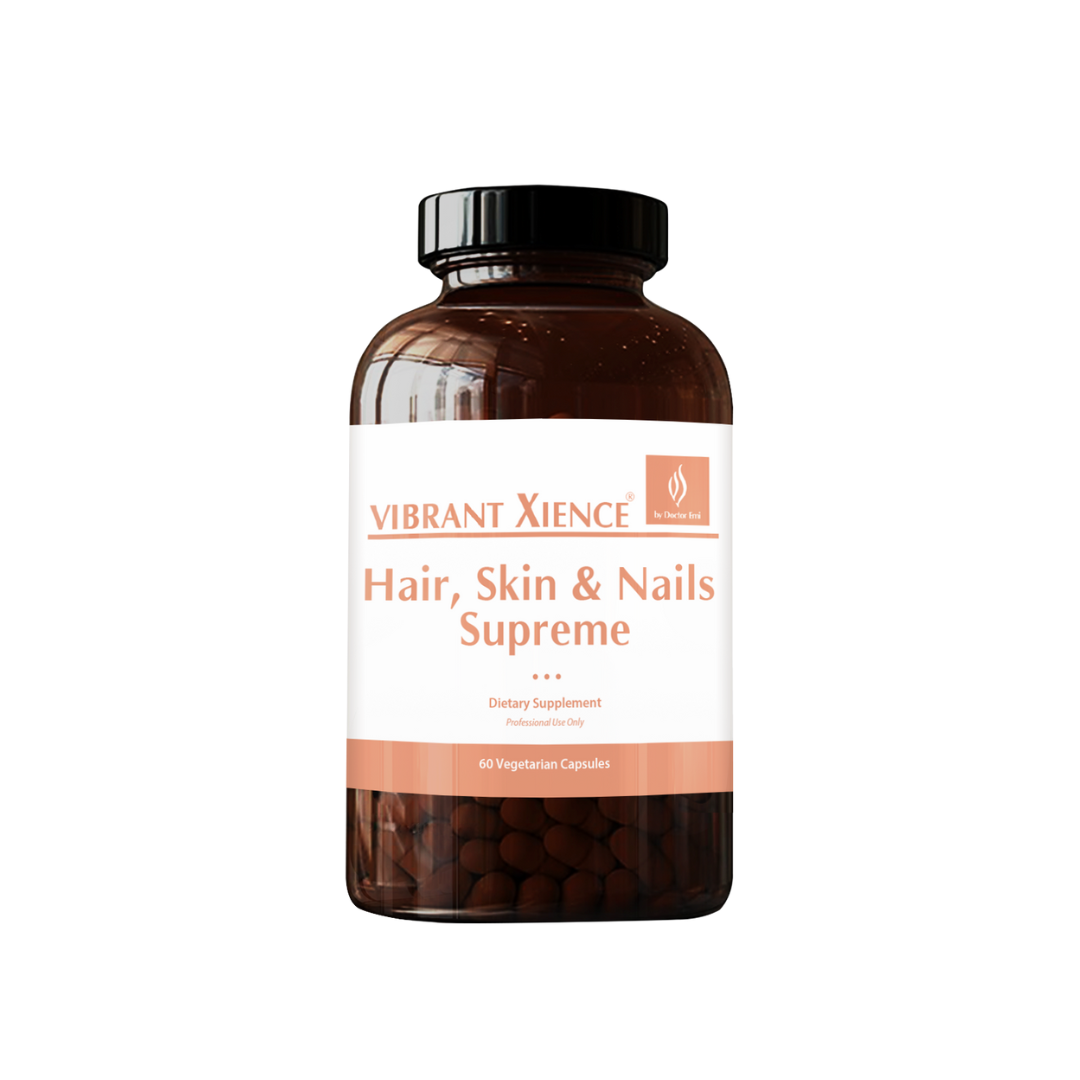As a 55-year-old holistic medical doctor, I'm often asked about my thick hair. While I'm happy to share my personal routine, remember that results vary from person to person. Always consult with your healthcare provider before starting any new supplements or treatments.
Nourishment From Within
I strongly believe that beautiful hair starts with what you eat. My diet consists of:
- Protein-rich foods like grass-fed meat and wild-caught Patagonian shrimp
- Low-carbohydrate vegetables that provide essential nutrients
- Wild rice for healthy complex carbohydrates
- Berries packed with antioxidants
While this works for me, other nutritious diets can support healthy hair too. The key is ensuring your body gets the building blocks it needs.
Supplement Support
To strengthen my hair from the inside, I take several supplements:
- High-quality hydrolyzed collagen from grass-fed cows helps build hair structure
- Ornithine acid (which supports collagen production)
- Phosphatidylserine to help normalize cortisol levels and support adrenal function
External Hair Care
My external hair care routine includes:
- A weekly treatment of onion and garlic in a pleasant-smelling organic mixture (applied for a few hours before washing)
- Loma organic shampoo and conditioner containing rosemary, which may stimulate hair follicles
- Avoiding tight ponytails that can stress hair follicles
Hormone Support
As we age, hormone changes can affect hair thickness. Under medical supervision, I use:
- Bioidentical hormone replacement therapy
- Yam-based progesterone (taken orally)
- Estradiol in a topical preparation that I also apply to the front part of my scalp where I've experienced thinning
Professional Treatments
Twice a year, I treat myself to the HydraFacial Keravive system, which deeply cleanses the scalp and delivers nourishing ingredients to hair follicles. I have no business relationship with this company but have found their treatments beneficial.
Final Thoughts
Maintaining thick hair as we age requires a multi-faceted approach. What works for me might not work for everyone, but focusing on nutrition, gentle hair care, and addressing hormonal changes can help many people maintain healthier hair.
Remember that hair health reflects overall wellness. Getting enough sleep, managing stress, and staying hydrated also play important roles in keeping your hair looking its best.
References:
- Phillips TG, Slomiany WP, Allison R. Hair Loss: Common Causes and Treatment. Am Fam Physician. 2017;96(6):371-378.
- Guo EL, Katta R. Diet and hair loss: effects of nutrient deficiency and supplement use. Dermatol Pract Concept. 2017;7(1):1-10.
- Trüeb RM. The impact of oxidative stress on hair. Int J Cosmet Sci. 2015;37(S2):25-30.
- Draelos ZD. Essentials of Hair Care often Neglected: Hair Cleansing. Int J Trichology. 2010;2(1):24-29.
- Famenini S, Goh C. Evidence for supplemental treatments in androgenetic alopecia. J Drugs Dermatol. 2014;13(7):809-812.






